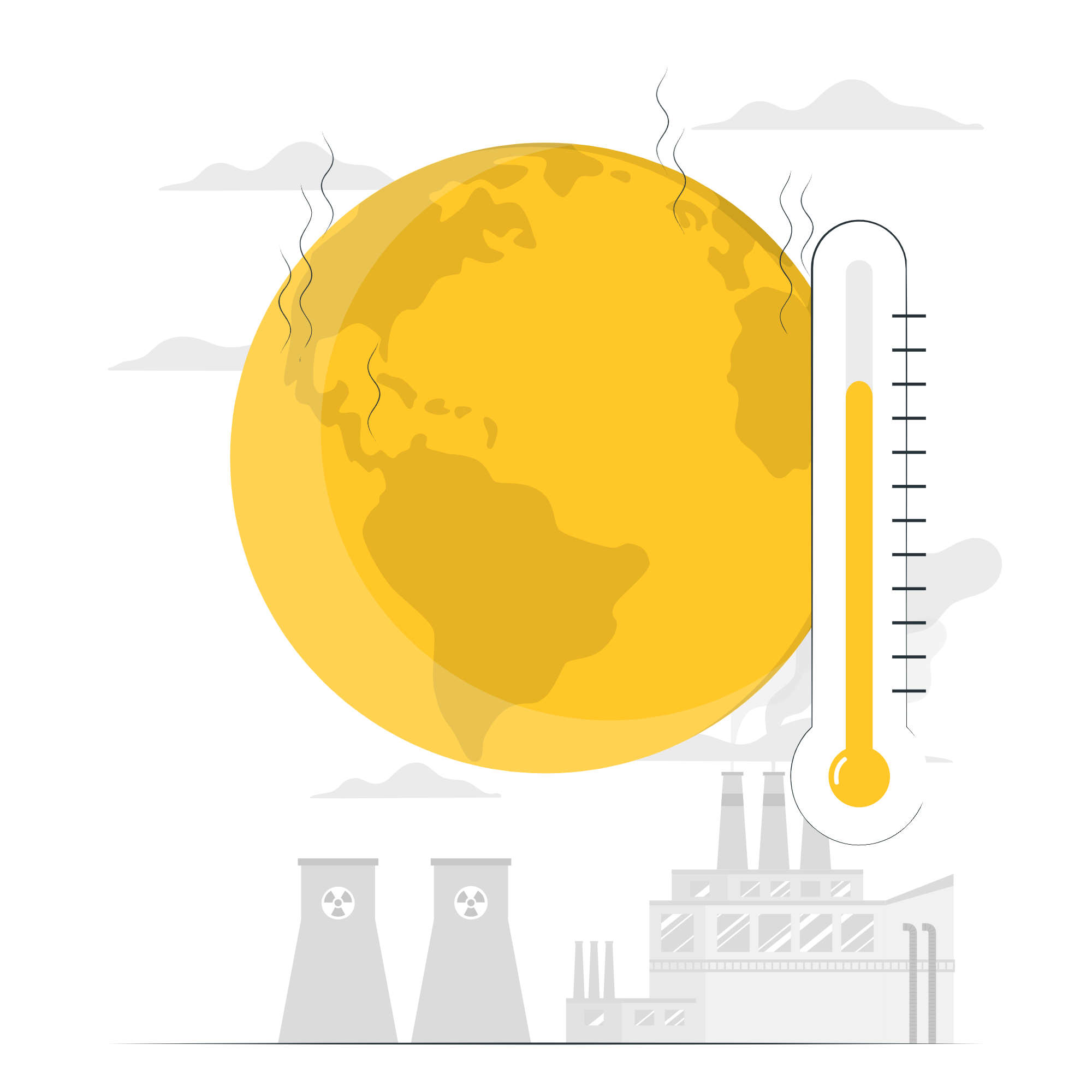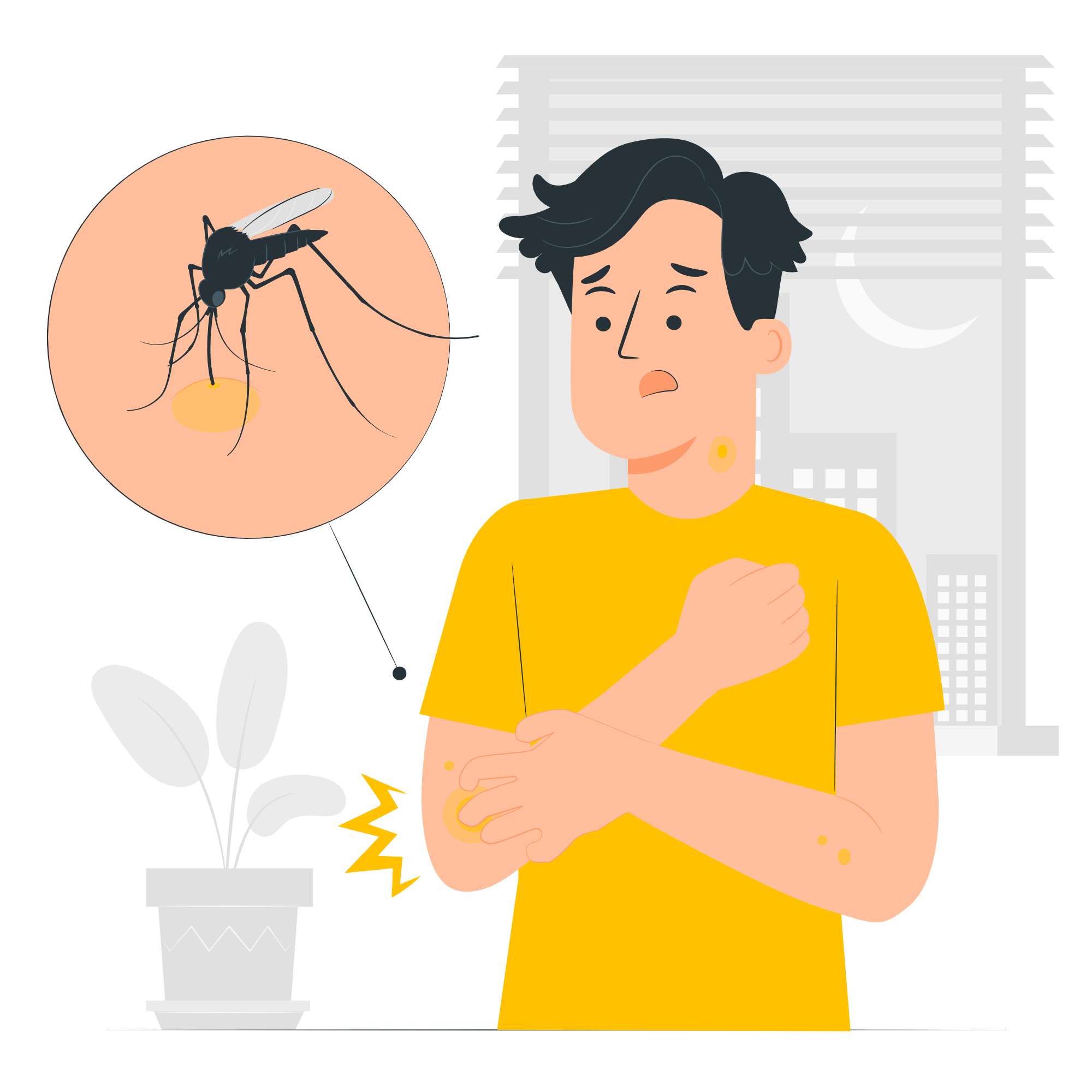Climate change brings consequences much greater than excessive heat, increasing the number of deaths and generating unpredictability in disease control.
We don’t even need to read the news to know that there’s something abnormal in the weather. Marked by an unusually warm winter and monthly high-temperature records being broken, 2023 is already positioned by climate authorities as the hottest year in the last 125,000.
As if the direct impact of high temperatures weren’t enough, these climate changes also bring numerous and unpredictable consequences for all inhabitants of the planet, such as droughts, natural disasters, migration, and species extinction, as well as shortages in the availability of water and food. This domino effect causes impacts on microenvironments, such as cities and neighborhoods, and can worsen or even generate epidemics of infectious diseases, which are illnesses caused by microorganisms like bacteria, viruses, fungi, or parasites.
Temperature changes alter the dengue epidemic pattern.
Dr. José Cerbino, a member of the technical chamber advising on Public Health Emergencies at the Ministry of Health and a medical researcher at the D’Or Institute for Research and Education (IDOR) and the Oswaldo Cruz Foundation (Fiocruz), details that climate changes have already impacted the dengue cycle in Rio de Janeiro. “Except for pandemic years 2020 and 2021, the pattern of the epidemic has been clear for the past 40 years: the dengue season starts in January, reaching its transmission peak in late March and early April, which is the wettest period in the state. The year 2023 interrupted this historical series of four decades. This is the first time we have experienced a dengue epidemic in winter, peaking in July,” explains the scientist, adding that Rio de Janeiro has been breaking temperature records since June of this year.
The researcher argues that climate change has a close and proven relationship with the increase in the number of dengue cases, but laments that this relationship can currently only be observed retrospectively, as there is no predictive model in the country capable of anticipating changes in the behavior pattern of this and other infectious diseases.








